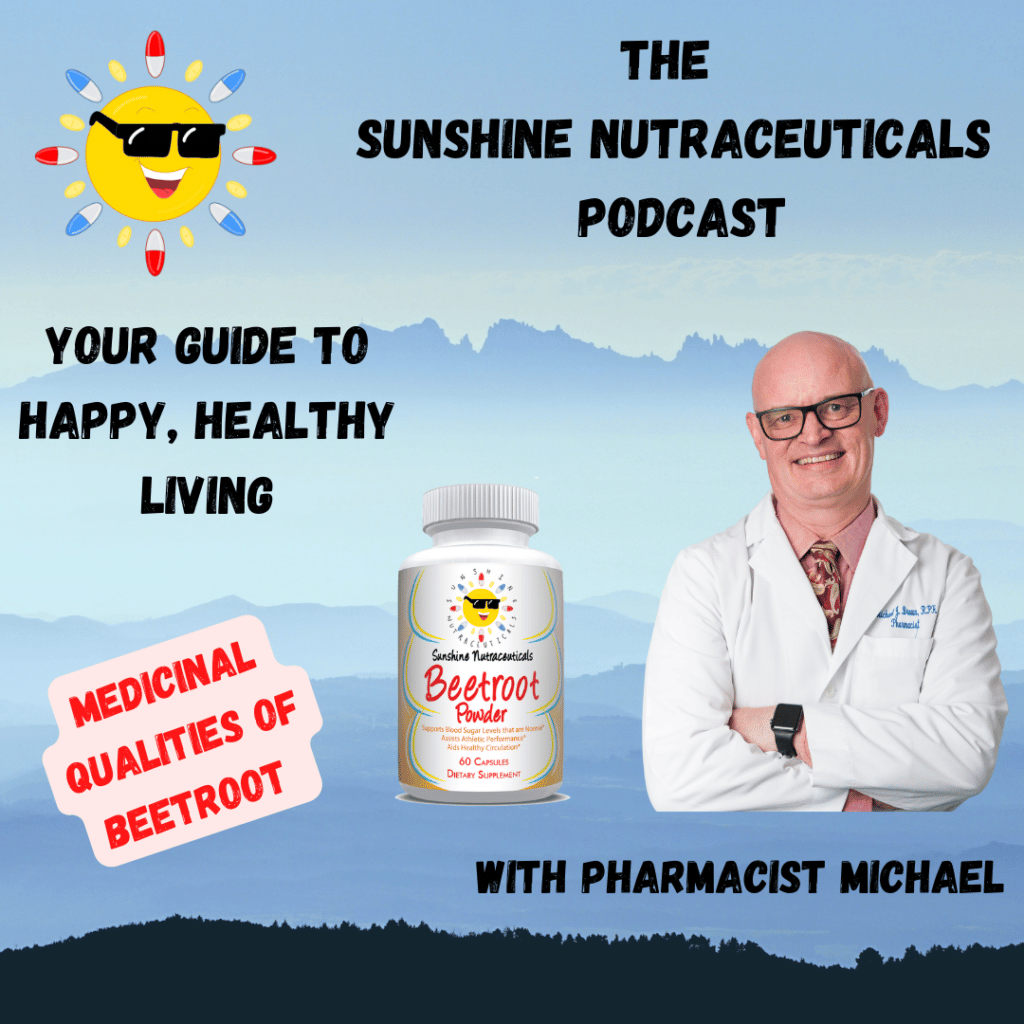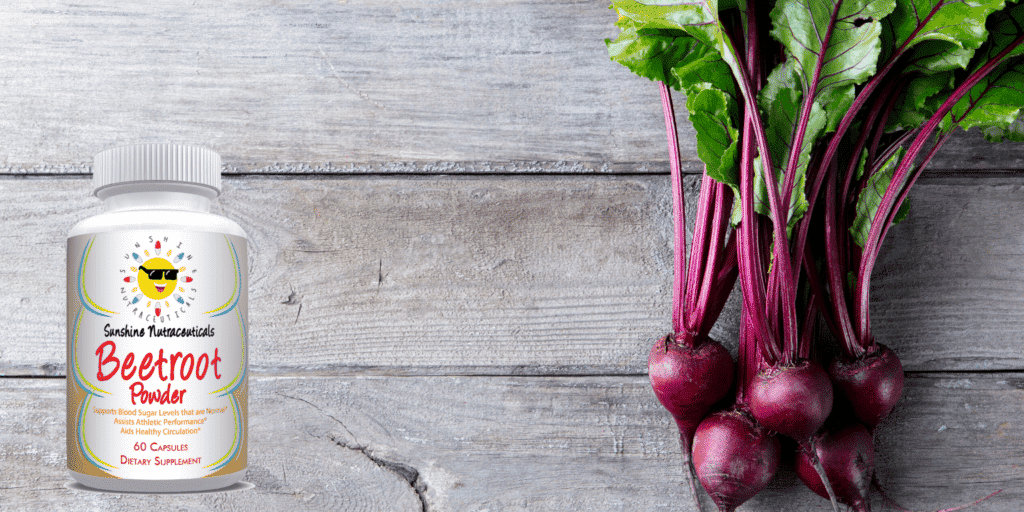4-Amazing Medicinal Qualities of Beetroot
Four important medicinal qualities of beetroot are explored in this podcast. Hypertension, cognitive function, anti-inflammatory, and anti-cancer properties are discussed along with other possible uses of this natural food supplement.


